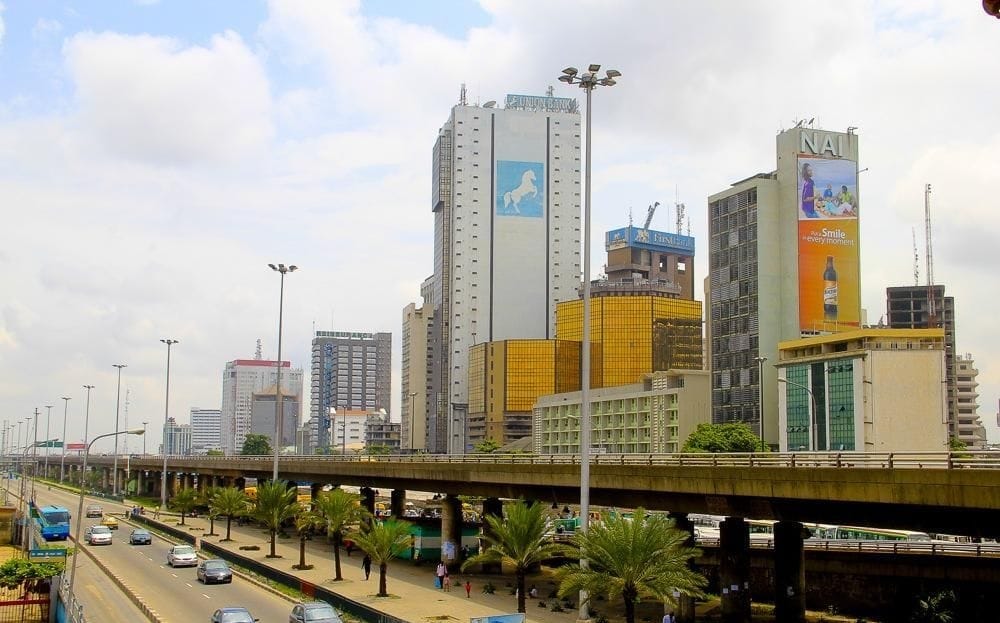Nigerian big banks race to raise funds by capital hike deadline
Nigeria's banking giants, such as Access, GT Bank, UBA, and First Bank, are in a rush to raise capital before the CBN's recapitalisation deadline of March 2026.

Nigerian banks are facing a capital reshuffle. In March, the Central Bank (CBN) significantly raised the minimum capital requirement, especially for international commercial banks, which now need ₦500 billion.
According to the CBN, “The prevailing macroeconomic challenges and headwinds occasioned by external and domestic shocks have underscored the need for banks to raise and maintain adequate capital to enhance their resilience, solvency, and capacity to continue to support the growth of the Nigerian economy.”
All banks have a two-year window, from April 1, 2024, to March 31, 2026, to meet the new targets. The CBN suggests various methods for banks to raise capital, including issuing new shares, mergers and acquisitions, or even adjusting their license type.
Nigeria's biggest bank by assets, Access Bank, wasted no time responding to the CBN’s new capital requirements. Despite being the third-wealthiest Nigerian bank by capital, faces a shortfall. The Central Bank's new requirements mean they need an additional $187.8 million (₦248.1 billion) to meet the new benchmark.
Just days after the announcement, Access Holdings, the parent of the bank unveiled a $1.5 billion fundraising plan (₦2.09 trillion) through bonds or share sales, and an additional $287 million (₦399.9 billion) to be raised from shareholders through a rights issue.
The pressure is on for other major players too. GT Bank announced plans to raise $750 million, while First Bank Holdings is also seeking an additional ₦300 billion. On Tuesday, the United Bank of Africa also joined the capital-raising race. The bank, valued at over ₦1 trillion, wants to sell 10.8 billion new ordinary shares to meet the new requirements.
A report by Ernst and Young suggests that under the new regulations, as many as 17 out of the existing 24 Nigerian banks might struggle to meet the capital requirements.
The report predicts a rise in mergers and acquisitions (M&A) among Nigerian banks, mirroring the consolidation wave seen during the 2004/2005 recapitalization exercise. However, the report suggests this M&A activity is likely to be less widespread due to the stronger financial positions of banks today compared to 2004 and the ongoing consolidation within the sector over the past decade.
“The idea of recapitalisation of banks is a welcome one. Capital is needed to finance big-ticket projects, especially when the government is targeting a $1tn economy in a few years. But I think the strategy should be somewhat different from the approach adopted in 2005. It should be more about incentives than coercion,” says Uche Uwaleke, a capital market professor and the president of the Association of Capital Market Academics of Nigeria.







Comments ()